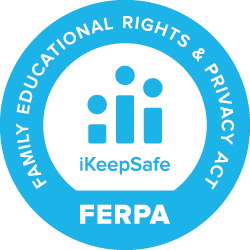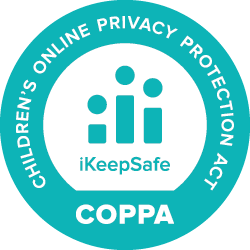Live Event: March 21, 2019 at 1:00pm Eastern (US)
Jeff Lindner is a Meteorologist and Director of Flood Operations where he forecasts weather events and helps design and construct flood damage reduction projects across Harris County, TX. He maintains and operates the Harris County Flood Warning System, a network of 175 real time stream and rainfall sensors that monitor data cross Harris and surrounding counties.
About Jeff
 Name: Jeff Lindner
Name: Jeff Lindner
Title: Director of Flood Operations/Meteorologist
Layman’s Title: Weatherperson
Company: Harris County Flood Control District
Years in this organization/position?
15
What does your organization do?
HCFCD designs and constructs flood damage reduction projects across Harris County.
What is your role in the organization?
My role within HCFCD is to forecast weather events that may impact Harris County which include heavy rainfall and flooding, tropical storms and hurricanes, droughts and fire, and the occasional bout of winter weather (ice and snow). Additionally, I am responsible for the operation and maintenance of the Harris County Flood Warning System. This system is an extensive network of 175 real time stream and rainfall sensors that monitor data cross Harris and surrounding counties. This data is critical to HCFCD staff, decision makers, and the public during heavy rainfall and flooding. I also serve as the expert on weather and flooding to the media during those types of events with an extensive role in public communication across various communication platforms including traditional TV media and numerous social media.
Describe your work and how it is important to society:
Providing technical information in a way that the majority of residents can understand so they can make important decisions is the ultimate goal of my job. Meteorology and hydrology are science fields that can be fairly technical, but one must be able to explain the technical aspects in a way that everyone can understand. During a crisis situation the role is to communicate the facts and unknowns in a clearly understood manner so that citizens can make to proper informed decisions.
What type of science, technology, engineering or math do you use in your career? And how often do you use them?
Technology is likely the greatest, but a background in math and science is needed to understand the fundamentals of weather forecasting. An increasing strong ability on communication is also important as well as computer programming.
What accomplishments are you most proud of in your current role?
Our responses to the flooding in 15, 16, and 17. Additionally the upgrades to our Flood Warning System which started in 2009 and were for the most part completed in 2015. The system performed extremely well during some of the largest floods this area has ever faced and without this critical data decision making would have been that much more difficult.
What projects or goals are you currently pursuing?
HCFCD is currently working heavily on the Flood Warning System website as well as adding gage stations to our existing network. HCFCD has been expanding the capability of the FWS post Harvey. Some of the improvements include the creation of near real time inundation mapping which allows users to see where flooding is occurring from a creek or bayou and not have to know the elevation of their house. Additionally, we are working on text and e-mail alerts from our 175 gage stations that will notify users when flooding is possible or likely and/or how much rain has fallen at a site. Of course we are constantly working to keep up with the latest in social media trends and communication technology.
What are the biggest challenges you face in your work?
Some of the big challenges are with data or lack of reliable and accurate data streams during weather emergencies. Data is critical to being able to provide recommendations to both decision makers and the public so it is vital to the work we do. Other challenges during include being able to provide timely and accurate information to the public during significant weather events especially large weather events. This takes a lot of coordination and staff and the workload becomes tremendous.
What is the most exciting, most amazing, or scariest thing that has happened to you during your work?
Simply…Harvey. The overwhelming rainfall totals over such a widespread spatial coverage area was nothing we have ever faced before. With such large amounts of rainfall over such a large geographical area the flooding was tremendous. Every watershed (22) within Harris County experienced some sort of flooding and 13 of the watersheds recorded record flooding. Additionally, significant releases were required from the two flood control reservoirs in west-central Harris County (Addicks and Barker) as they filled to their highest levels ever since being constructed in the 1940s. Over 154,000 homes flooded across Harris County alone or double that of TS Allison (2001) which was our previous worst flood event. Prior to Harvey, working Hurricane Ike (2008) and Hurricanes Rita and Katrina (2005) were also significant, but it was the Christmas Eve snow event of 2004 that is one of the most amazing events for me. It is incredibly rare to see snowfall of 10-12 inches along the TX coast which is what this storm produced in portions of Matagorda and Jackson Counties.
Highest degree attained/ Schools attended?
BS in Meteorology from Texas A&M
What kinds of challenges did you overcome during your education?
Some of the initial math and science courses were not very easy and I struggled during my freshman and sophomore years. Eventually to make it through and complete what you need. It was interesting that many of my fellow classmates were in the same position I was in…we were all trying to make it through the courses. We ended up working together and studying together to succeed.
Previous employers and positions that have lead to your current role.
I interned at KHOU Channel 11 under Dr. Neil Frank and David Paul in 2000 and 2001. Of course 2001 was when TS Allison affect the region and I worked that event at the TV station with David Paul even as the station flooded from nearby Buffalo Bayou. I suppose to some degree Allison peaked my local interest in flooding since my house also flooded.


